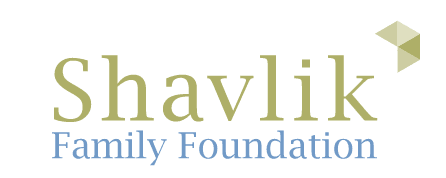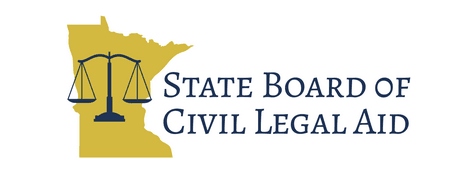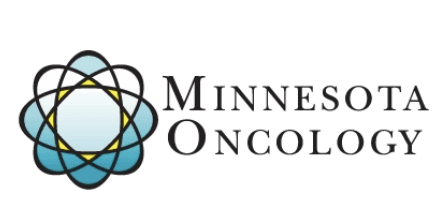Assets
Assets are things that you own- like your house, cars, land, money, and personal things.
Estate
An estate is everything that you own. All your assets together make up your estate.
Probate
Probate is the legal process a court uses to divide your things after you die.
Heir
An heir is a person who gets your money or property after you die. If you have a will, you can choose anyone to be your heir. If you do not have a will, Minnesota law says only your spouse, children, or other family members can be your heirs.
Executor or Personal Representative
This is the person named in a will who is in charge of dividing your money and things after you die.
Will
A will is a legal document that tells others how you want your money and property to be divided after you die. You can also use a will to say who you want to take care of your children if they are still under 18. If you don’t have a will, Minnesota law decides who gets your things—usually your spouse and/or your children.
Trust
A trust is a special kind of legal document that lets you or someone you choose (called a trustee) manage your money and property for the people you want to give it to (your beneficiaries). Here is how a trust works: a person puts their assets into a trust (by changing the title of the asset so that it is owned by the trust), and the trustee takes care of it while the person is alive. After the person dies, a new trustee takes over and follows the trust’s rules to give out the assets to the people named in the trust document. A trust is different than a will because the trust- not you- owns the money and property that is managed by the trust.
Transfer on Death and Payable on Death Designations
These are designations that let your money or property go straight to a person you choose (called your beneficiary) after you die, without going through the probate process.
Power of Attorney (POA)
A Power of Attorney is a document that gives someone you trust the power to act for you with money or legal things while you are alive. They can do things like pay your bills, sign papers, or talk to insurance companies for you. You can choose what they are allowed to do for you.
Remember: A Power of Attorney loses its power and cannot be used after you die.
Health Care Directive
A Health Care Directive is also known as an Advance Directive or Living Will. It is a document where you write down what you want for your medical care if you cannot make or explain those decisions because of your medical condition. It also lets you choose someone to make medical decisions for you if you cannot do it yourself (called your healthcare agent).
















